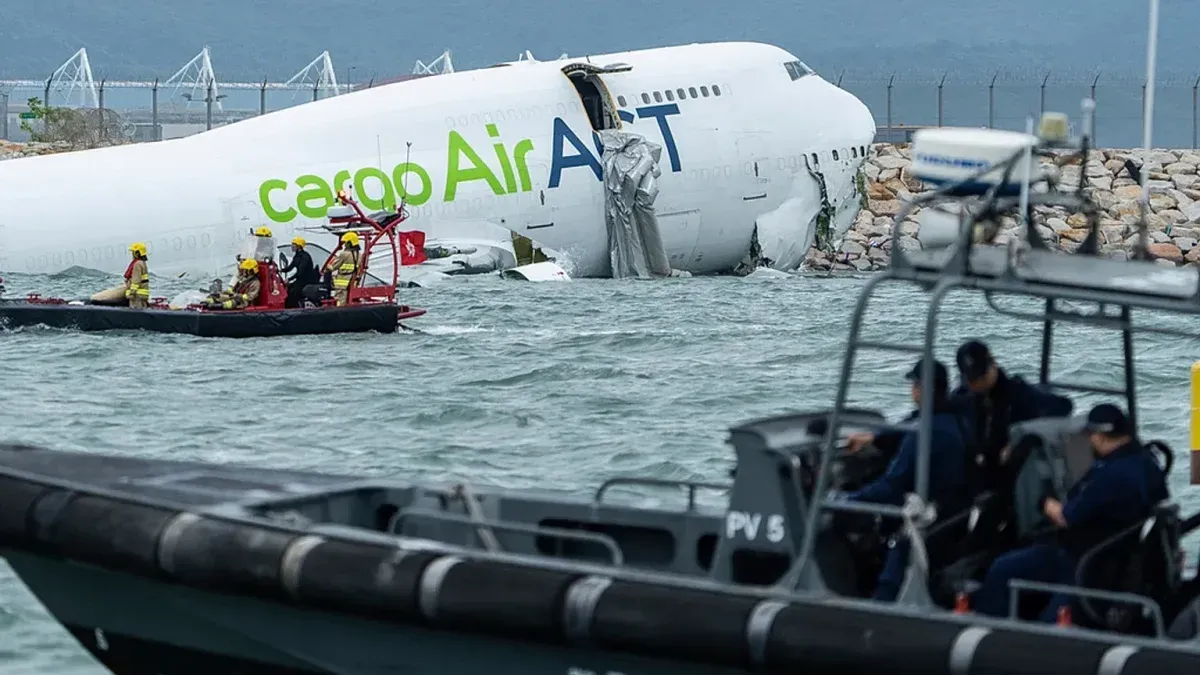What’s next for the financing of buses and trains? The Federal Transport Minister refers to financial commitments from the federal government. Experts suggest staggering the start of classes in schools.
Federal Transport Minister Volker Wissing has called for reforms in the federal states in local public transport. The FDP politician also referred to existing financial commitments from the federal government.
With regard to the countries, Wissing told the German Press Agency that he wanted to now agree on what the countries were doing to improve the offer and not have “permanent discussions” that unsettled people and prevented them from switching. “This also requires the necessary commitment from the federal states, the municipal umbrella organizations and the transport companies. The next step must be further reforms, also to achieve greater cost efficiency.”
The financial questions will be clarified between the Prime Ministers’ Conference and the federal government by 2025, said Wissing, with a view to the current debate about the financing of the Deutschlandticket.
Wissing against higher cost sharing from the federal government
The ticket, which is available for 49 euros per month, has been available since May 1st – as a digitally bookable, monthly terminable subscription that is valid for local transport throughout Germany. The federal and state governments each want to bear half of the costs. From 2023 to 2025, 1.5 billion euros will come from the federal government. The countries want to raise just as much. Possible additional costs should also be shared equally in the first year. The struggle is now over the distribution of possible additional costs in the following years.
Wissing had made it clear that he rejected a higher cost sharing by the federal government. “The federal government has spent a lot of money on the Germany ticket and we have also increased the regionalization funds,” he told the editorial network Germany. In his view, the countries should now first save on the transport associations and distribution costs. State transport ministers had criticized Wissing’s statements.
The federal, state and local governments are currently negotiating an “expansion and modernization pact” for local public transport. The Federal Ministry of Transport recently commissioned a study on the financial requirements in public transport up to 2031 – the short report, which was first reported by “Spiegel”, was available to the German Press Agency. Accordingly, additional billions are needed in the medium and long term.
Financial requirement of a supplementary “mobility guarantee”
“Although the offer is also a matter for the states, we help. From the federal side I can say today: By 2031 we will be making more than 110 billion euros available for regionalization funds for public transport alone,” says Wissing. According to the ministry, this is more than half of the forecast public transport funding requirement. “In the coming weeks and months, we need to clarify how the federal states and municipalities will participate in the expansion of the offer and how we will also examine unconventional suggestions,” said Wissing.
The study by the consulting firm Ramboll also examined the financial requirements for an additional “mobility guarantee” in Germany in order to strengthen public transport’s public service function – under the following premises: Citizens are guaranteed to be able to use public transport regardless of where they live, on Mondays to Friday every hour from 6 a.m. to 9 p.m., Saturday and Sunday every 2 hours.
Away from the railway lines and in the case of “timetable gaps”, nationwide scheduled buses and on-demand buses would be introduced. Call-a-bus services would operate according to the motto: “If neither the train nor the bus are running, the call-a-bus will run”. Annual costs for a mobility guarantee in Germany are expected to be 718 million euros.
Staggered start of classes in schools
According to the short report, the costs could be reduced if a mobility guarantee were linked to “institutional reforms”. This includes a “flexibility of the school start times” as well as the interlocking of the hitherto “closed-off on-demand transport systems” with the taxi and rental car industry.
Thomas Petersen, Head of Studies at Ramboll, said: “The greatest pressure in terms of personnel, vehicle and capital is generated during peak loads. This is an extreme challenge for transport companies, especially in rural areas, because they have to transport a large number of students when school starts in the morning .”
The vehicles, including the driver, are then not used to the same extent for the rest of the day. “By making the start of classes more flexible, this situation could at least be rectified and the costs on the municipal side reduced.”
Source: Stern




